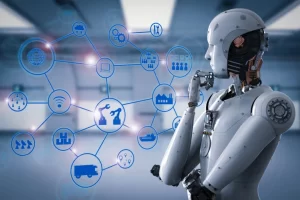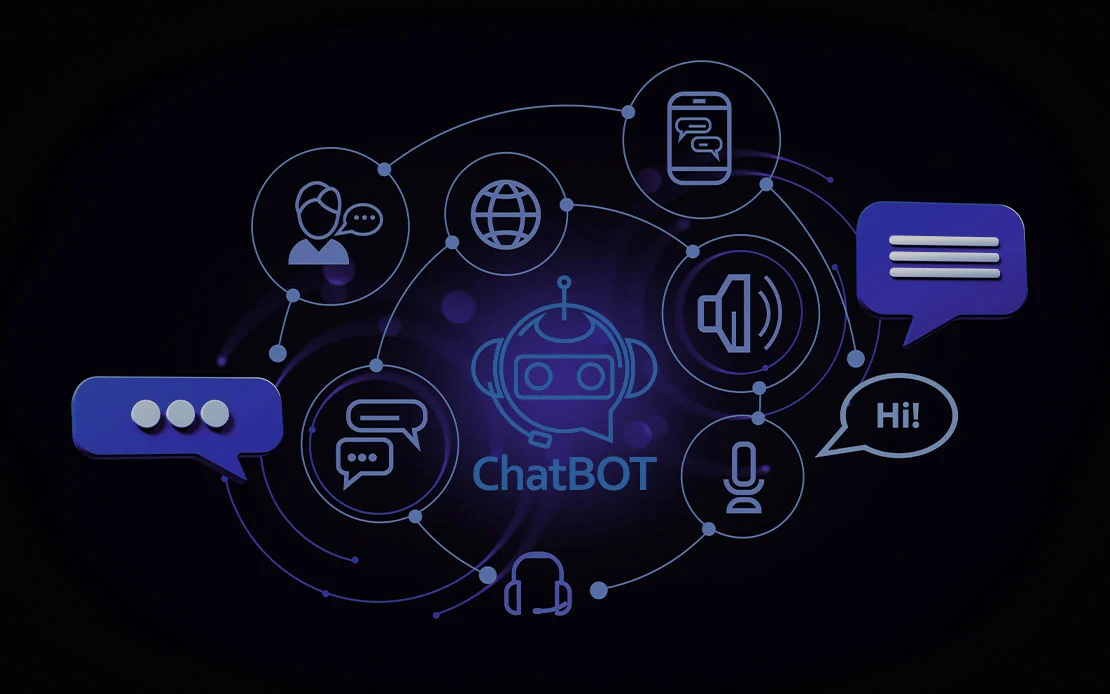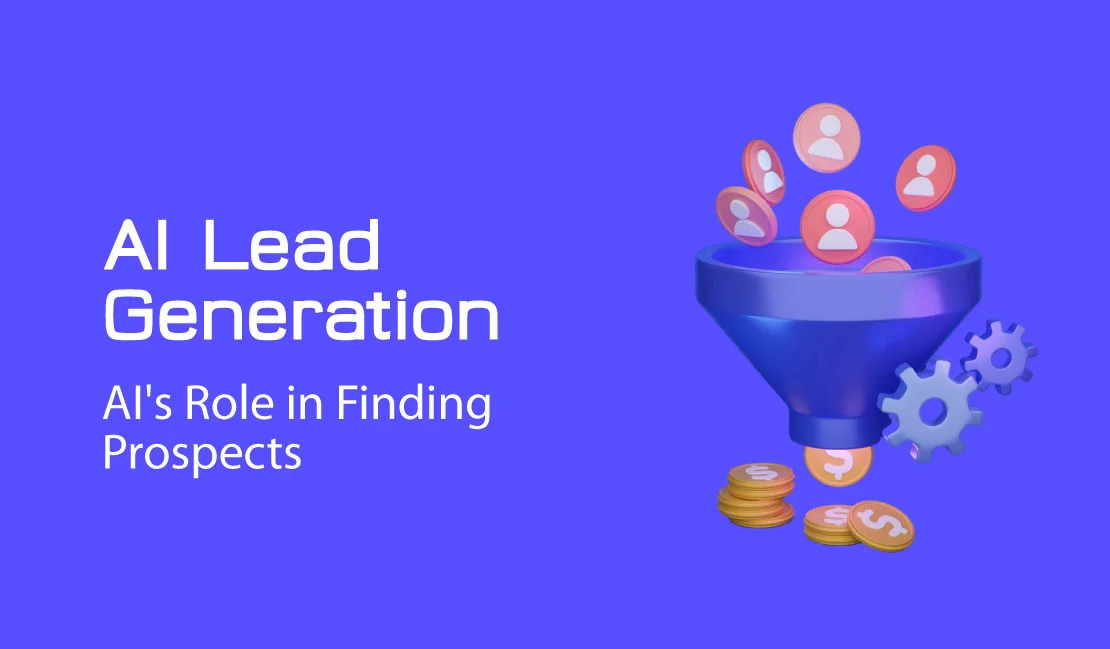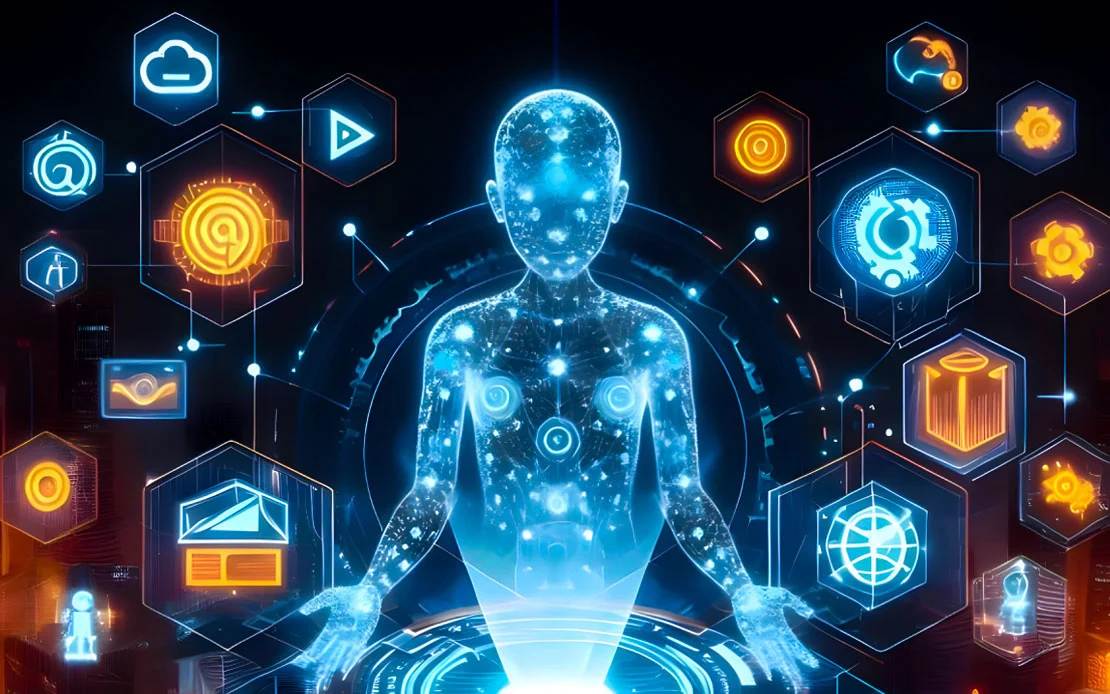The role of AI in customer service has evolved rapidly in recent years, and it’s clear that AI is becoming a cornerstone of how businesses interact with their customers. From automated chatbots to predictive analytics, AI-powered tools are improving customer experiences, boosting efficiency, and helping businesses stay competitive. But what does the future hold for AI in customer service? Let’s explore emerging AI technologies, their potential impact, real-world applications, and how businesses can stay ahead in this evolving landscape.
Emerging AI Technologies and Their Potential Impact
As AI continues to advance, we are likely to see new technologies that push the boundaries of what’s possible in customer service. Here are a few key trends to watch:
- Natural Language Processing (NLP) Advancements
While NLP has already made strides in enabling AI to understand and respond to human queries, future developments will likely make AI even better at understanding context, tone, and nuance. This means more fluid, human-like conversations between AI and customers, leading to higher satisfaction rates. With improved NLP, AI will be able to resolve complex issues without human intervention and even handle emotional or difficult customer interactions with greater empathy.
- Voice Assistants and AI-Driven IVR
Voice assistants like Amazon Alexa, Google Assistant, and Apple’s Siri are already part of daily life, but their integration into customer service is set to grow. AI-powered voice assistants can handle phone calls, provide instant solutions, and route inquiries more effectively than traditional interactive voice response (IVR) systems. The future of voice-based customer service will see more seamless conversations, faster resolutions, and personalized experiences delivered via AI-driven voice technologies.
- AI-Powered Sentiment Analysis
Sentiment analysis, where AI evaluates the emotional tone behind customer interactions, will become increasingly sophisticated. In the near future, AI tools will be able to detect not just frustration or happiness, but more complex emotions like anxiety or confusion. This deeper understanding of customer emotions will help businesses respond more effectively and proactively address customer needs.
- Hyper-Personalization through Machine Learning
Customers today expect personalized experiences, and AI will enable businesses to take personalization to new heights. Machine learning algorithms will analyze individual customer data—purchase history, browsing habits, past interactions—to create tailored experiences for each customer. AI will recommend products, offer personalized solutions, and even predict what customers will need before they realize it, leading to improved loyalty and customer retention.
- AI in Augmented Reality (AR) and Virtual Reality (VR)
The intersection of AI with AR and VR technologies is an exciting area of growth for customer service. Imagine virtual assistants guiding customers through a virtual store or AI-driven AR applications helping customers troubleshoot technical issues with real-time, interactive instructions. These immersive experiences could redefine how customers engage with brands, particularly in industries like retail, real estate, and tech support.

Real-World Applications of AI in Customer Service
While some of these emerging technologies are still in development, there are already impressive examples of how AI is transforming customer service:
- Chatbots and Virtual Assistants
Many businesses already rely on AI chatbots to handle routine customer inquiries. Companies like H&M, Sephora, and Starbucks use chatbots to provide instant responses, process orders, and offer personalized recommendations. These bots are available 24/7, ensuring customers can get support whenever they need it, without waiting in long queues. - Predictive Customer Support
AI-powered predictive analytics tools can anticipate customer needs before they arise. For example, Netflix uses AI to predict what users want to watch next, while Amazon’s recommendation engine suggests products based on browsing and purchasing behavior. In customer support, predictive AI can alert businesses to potential issues—like a customer who may churn—allowing teams to take proactive measures to retain them. - AI in Self-Service Platforms
AI is powering self-service platforms, helping customers resolve issues without speaking to a human agent. Companies like Zendesk and Freshdesk offer AI-powered knowledge bases where customers can find answers to their questions. These self-service solutions improve efficiency while empowering customers to solve problems on their own terms. - Sentiment-Based Customer Routing
Some companies are already using AI-powered sentiment analysis to direct customers to the appropriate support agent. If a customer is frustrated, AI can detect this and route them to a senior agent who is better equipped to handle the situation, reducing escalation and improving the overall customer experience.
Conclusion
AI is already reshaping the customer service landscape, and the future promises even more exciting advancements. From NLP improvements to hyper-personalization, AI technologies will continue to elevate customer experiences and streamline support processes. However, businesses must adopt AI tools thoughtfully and strategically, ensuring that they enhance—not replace—the human element that remains critical to customer satisfaction.
By staying ahead of AI trends and integrating new technologies into their customer service strategies, businesses can not only meet the evolving demands of customers but also set themselves apart in an increasingly competitive marketplace.




